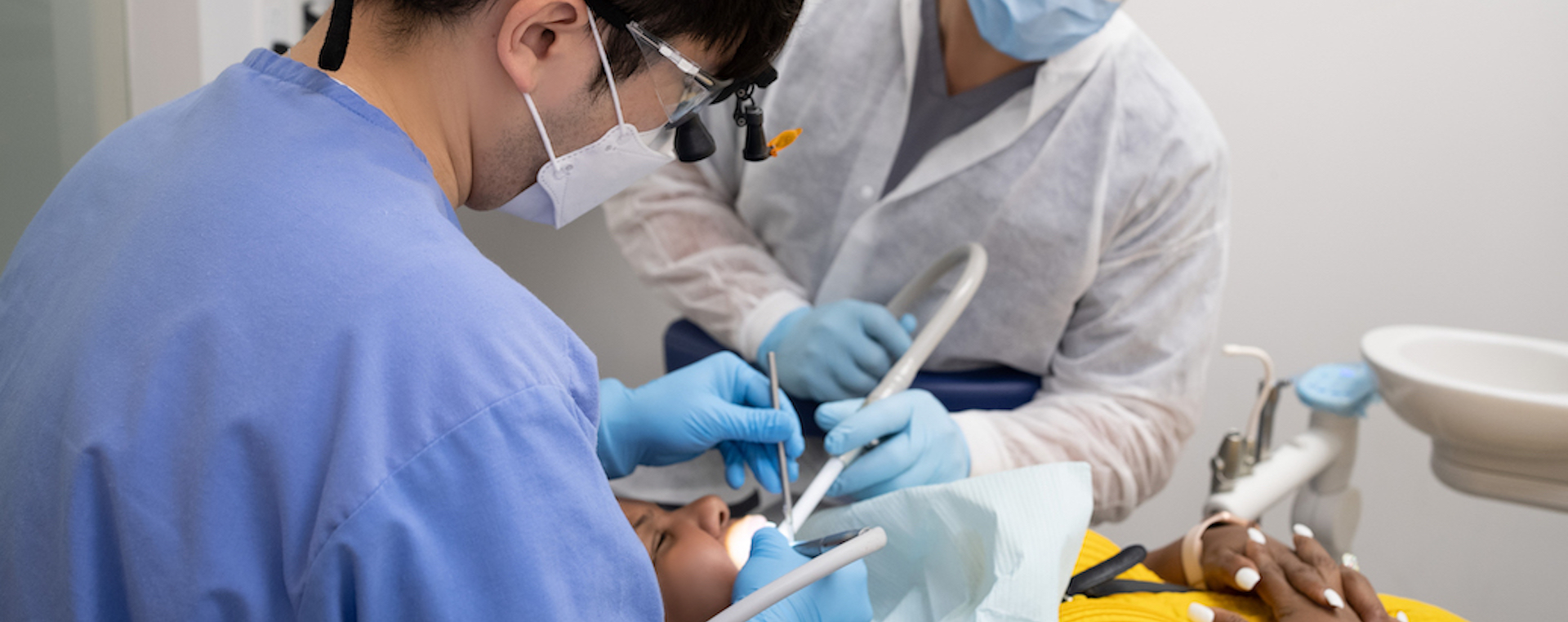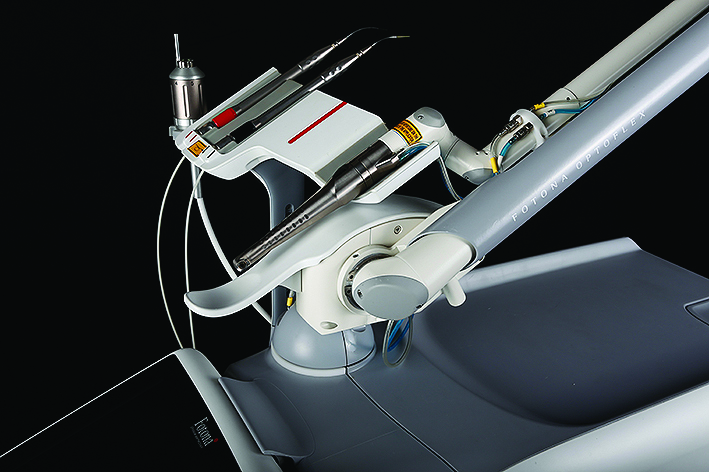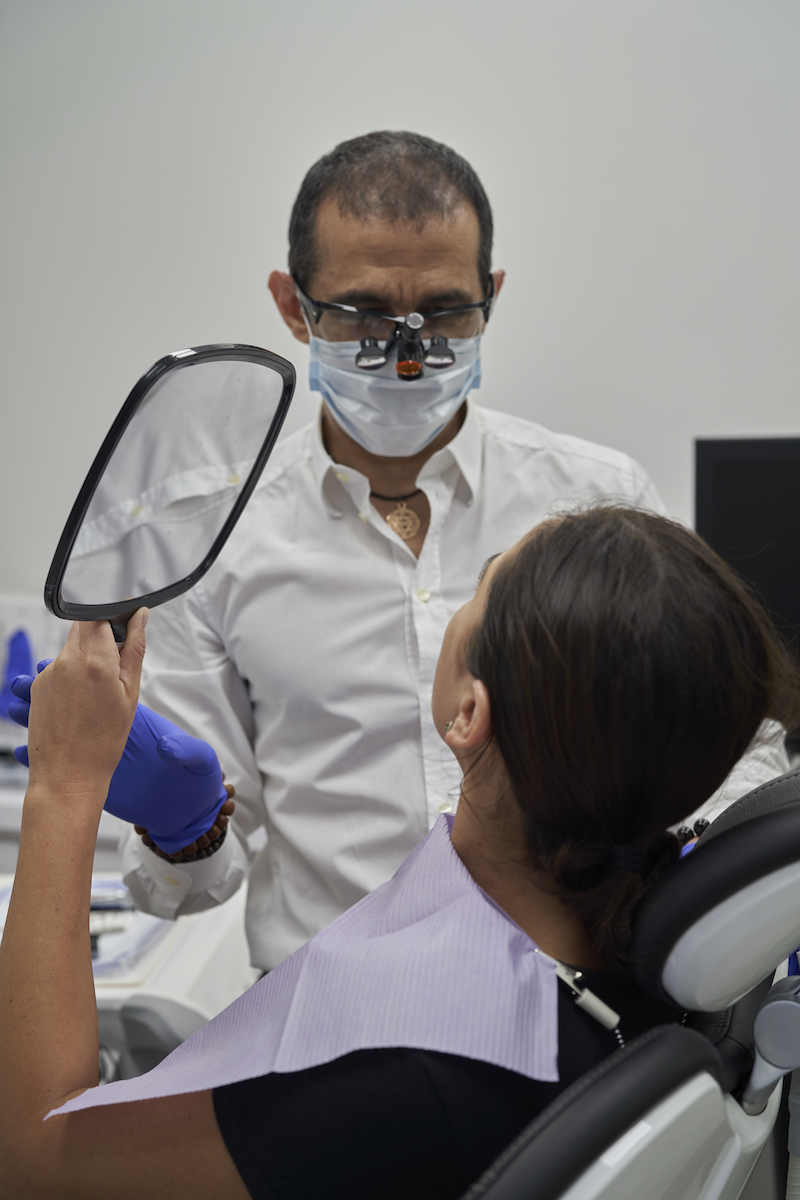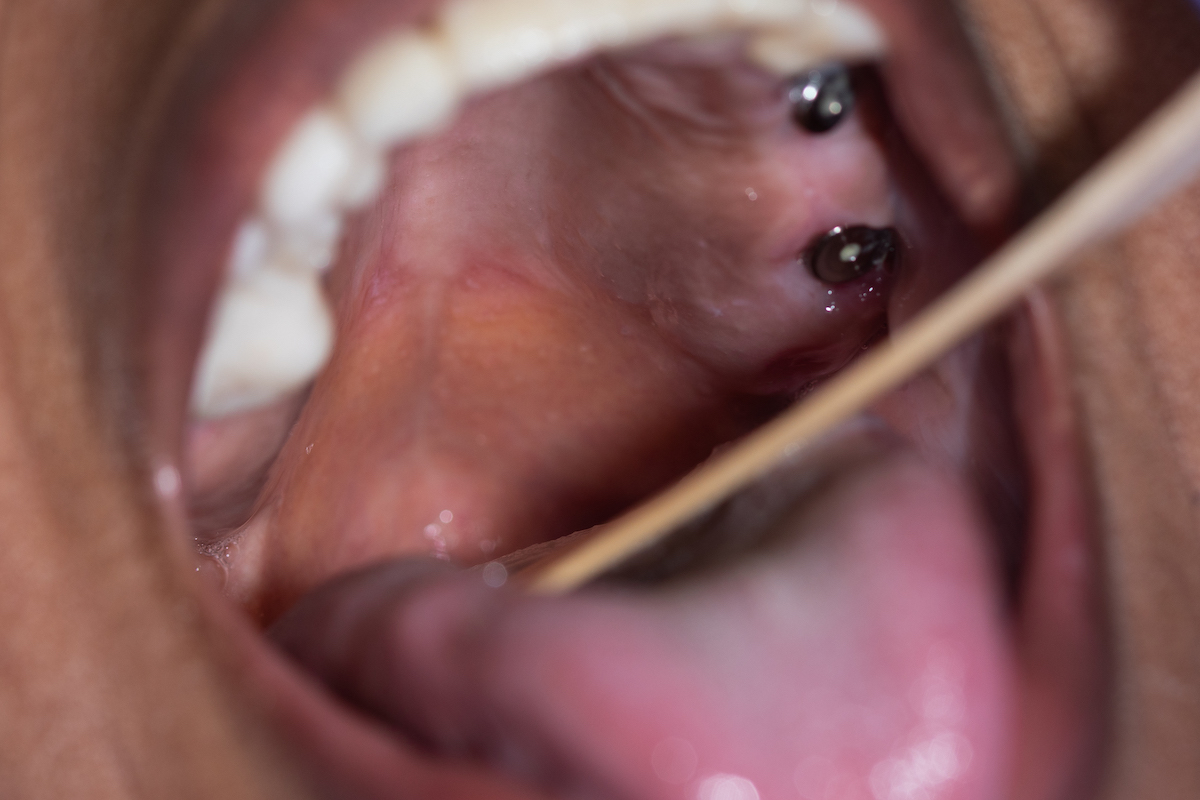It is important to follow the regular dental hygiene routine that helps prevent cavities and otherproblems. To keep your teeth healthy, follow these steps:
· Brush your teeth at least twice a day.
· Floss between your teeth at least once a day.
· Use fluoride toothpaste or a fluoride rinse.
· See your dentist for checkups every 3-6 months.
· Have your teeth professionally cleaned by your dentist twice a year.
· Try to limit the amount of sugary food and refined carbohydrates you eat. These foods have a tendency to stick to your teeth. If you eat sugary foods, try to rinse your mouth or brush your teeth shortly afterwards.
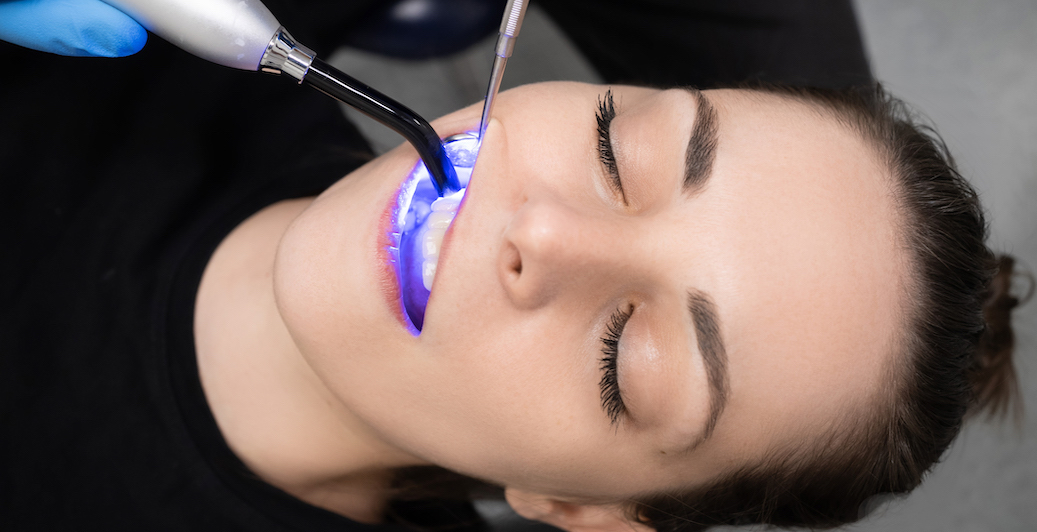
Can you still get pain in a tooth that had a root canal treatment?
Yes, that is absolutely normal.
Some causes of this pain may be due to:
· your root canal not healing properly
· your root canal not being completely disinfected because of complicated root anatomy
· new decay can infect the root canal filling material, causing a new infection
· a tooth injury that allows new decay to enter the tooth
According to the AAE, re-treatment — meaning another root canal — is the best option to treat the pain and any other symptoms.
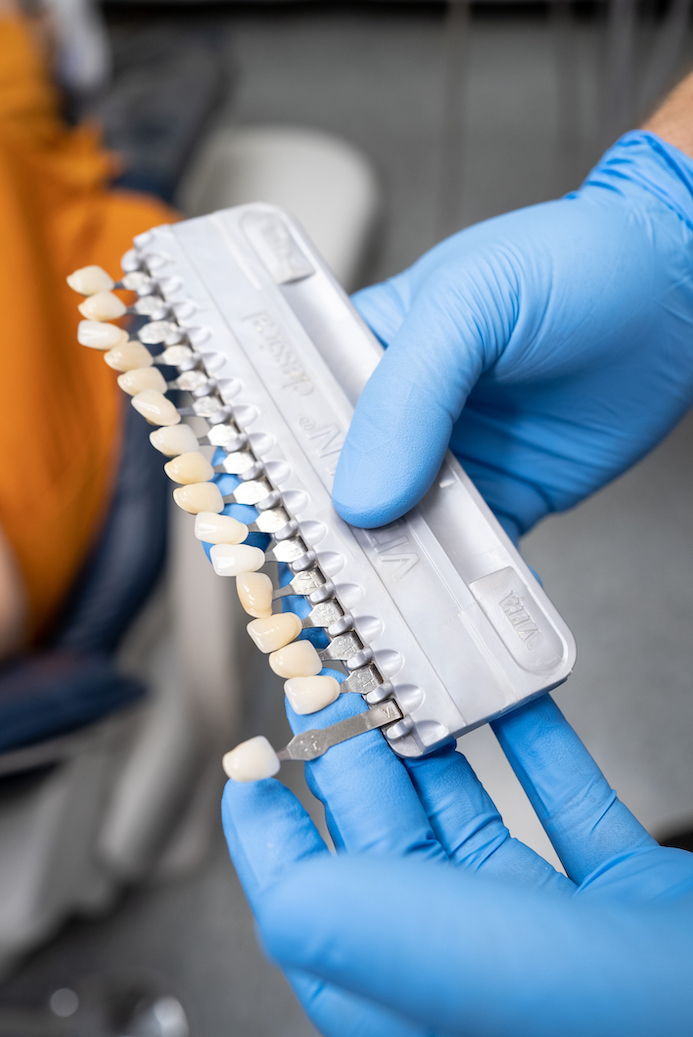
Who needs a root canal? What happens if you skip a root canal?
Endodontic therapy is needed for those who were diagnosed with any stage of pulp inflammation.
The first stage is pulpitis and it causes a severe throbbing toothache, primarily in the evenings. If not treated, periodontitis will follow. It is the condition when the infection proceeds further and gets to the bone and the patient has a continuous pain when eating and he feels like there is a tooth growing in his mouth. Also, a swell or fistula on gums near the root area of the infected tooth can appear.
At this point postponing the endodontic treatment may lead to cysts, bone infection and osteomyelitis that results in tooth extraction, implants and bone grafting.
Basically, if no treatment is provided at the earliest stages of the disease, the pus will infect other areas and undermine the immune system. It is especially dangerous, taking into account the proximity of eyes and brain to the potential abscess area.
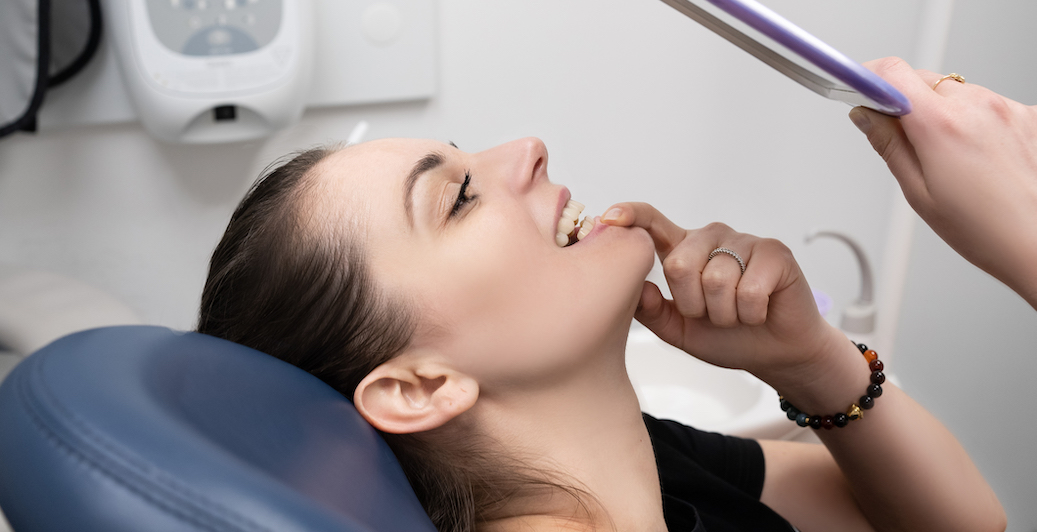
Fill free to contact us and get consultation by filling the form below «BOOK YOUR APPOINTMENT»
